High-tech liquid scanner set to shorten airport queues
Long airport security lines and restrictive hand luggage rules could be consigned to the past
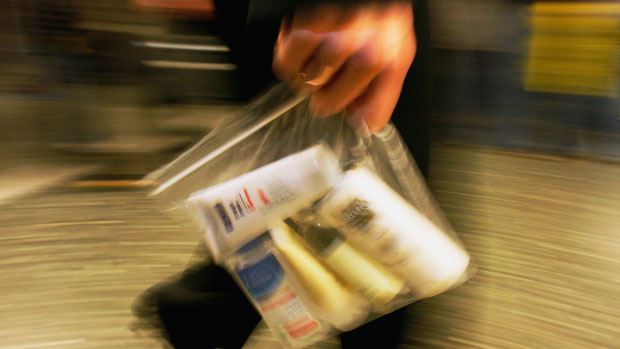
A free daily email with the biggest news stories of the day – and the best features from TheWeek.com
You are now subscribed
Your newsletter sign-up was successful
ANGRY passengers, long queues and strict guidelines over liquids on planes could be substantially reduced by a new airport scanner for liquids.
The scanning device will analyse and test liquids in containers for explosives at airport security points without staff having to open them.
Heathrow and Gatwick are among 65 airports to test out the new scanners over the next two years.
The Week
Escape your echo chamber. Get the facts behind the news, plus analysis from multiple perspectives.

Sign up for The Week's Free Newsletters
From our morning news briefing to a weekly Good News Newsletter, get the best of The Week delivered directly to your inbox.
From our morning news briefing to a weekly Good News Newsletter, get the best of The Week delivered directly to your inbox.
A foiled 2006 plot to blow up transatlantic flights using explosives concealed in drink bottles led to a restriction on the amount of liquid permitted in passenger hand luggage.
Passengers have since faced strict guidelines over the amount of liquids permitted on planes with current limits set at containers of 100ml or less.
Thousands of containers that don't meet the 100ml rule are abandoned every year at airports, resulting in lengthy queues at security.
Heathrow confiscates around 2,000 tonnes of liquids per year, according to the Guardian.
A free daily email with the biggest news stories of the day – and the best features from TheWeek.com
The container-screening scanner, which is called ‘Insight100’, was developed by Cobalt Light Systems. It uses a technique of Rahman spectroscopy where liquids, powders or gels within sealed containers can be scanned at security checkpoints within five seconds.
The scanner works by shining a laser beam at the container. A spectrum of light returns and the scanner cross-checks the container against a library of recognised dangerous liquids deemed as potential threats.
Paul Loeffen, Chief Executive of Cobalt Light Systems, told The Times: “The aim of airport authorities has always been to get back to the state of normality as it was in 2006. But that meant meeting certain detection standards.
''The bombs [planned by the terrorists involved in the 2006 plot] were made from concentrated hydrogen peroxide and chapati flour. It’s very scary stuff.''
The new scanner has been nominated for the prestigious Royal Academy of Engineering’s MacRobert Award.
Experts believe that the device's future uses may include food analysis, the detection of counterfeit goods and non-evasive cancer screening.
-
 James Van Der Beek obituary: fresh-faced Dawson’s Creek star
James Van Der Beek obituary: fresh-faced Dawson’s Creek starIn The Spotlight Van Der Beek fronted one of the most successful teen dramas of the 90s – but his Dawson fame proved a double-edged sword
-
 Is Andrew’s arrest the end for the monarchy?
Is Andrew’s arrest the end for the monarchy?Today's Big Question The King has distanced the Royal Family from his disgraced brother but a ‘fit of revolutionary disgust’ could still wipe them out
-
 Quiz of The Week: 14 – 20 February
Quiz of The Week: 14 – 20 FebruaryQuiz Have you been paying attention to The Week’s news?
-
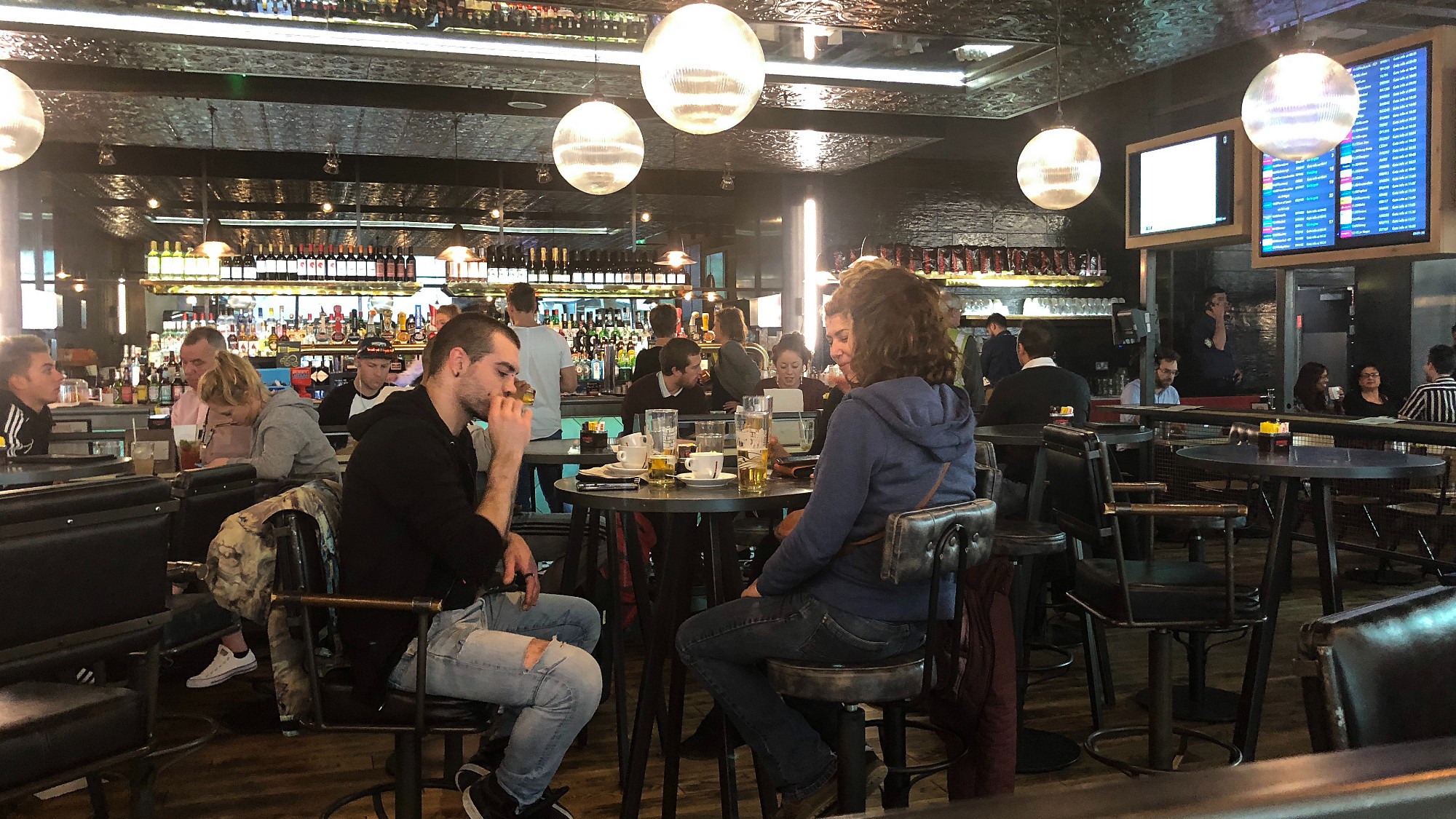 Guzzling passengers: should airports limit pre-flight boozing?
Guzzling passengers: should airports limit pre-flight boozing?Talking Point Ryanair chief Michael O'Leary has called for a two drinks per passenger limit at airport bars
-
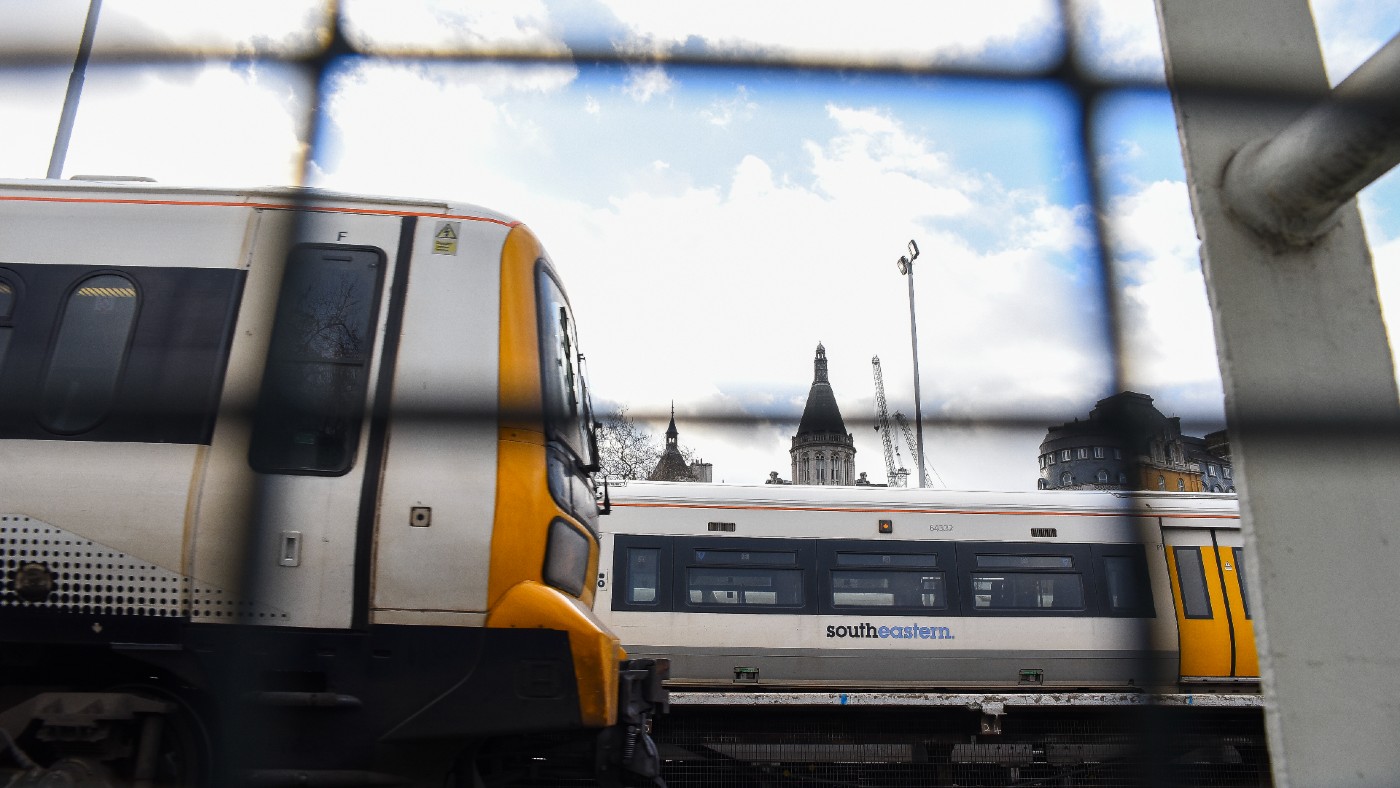 Rail strikes: is Britain on track for a ‘summer of discontent’?
Rail strikes: is Britain on track for a ‘summer of discontent’?Speed Read The ‘biggest rail strike in modern history’ is planned for next week
-
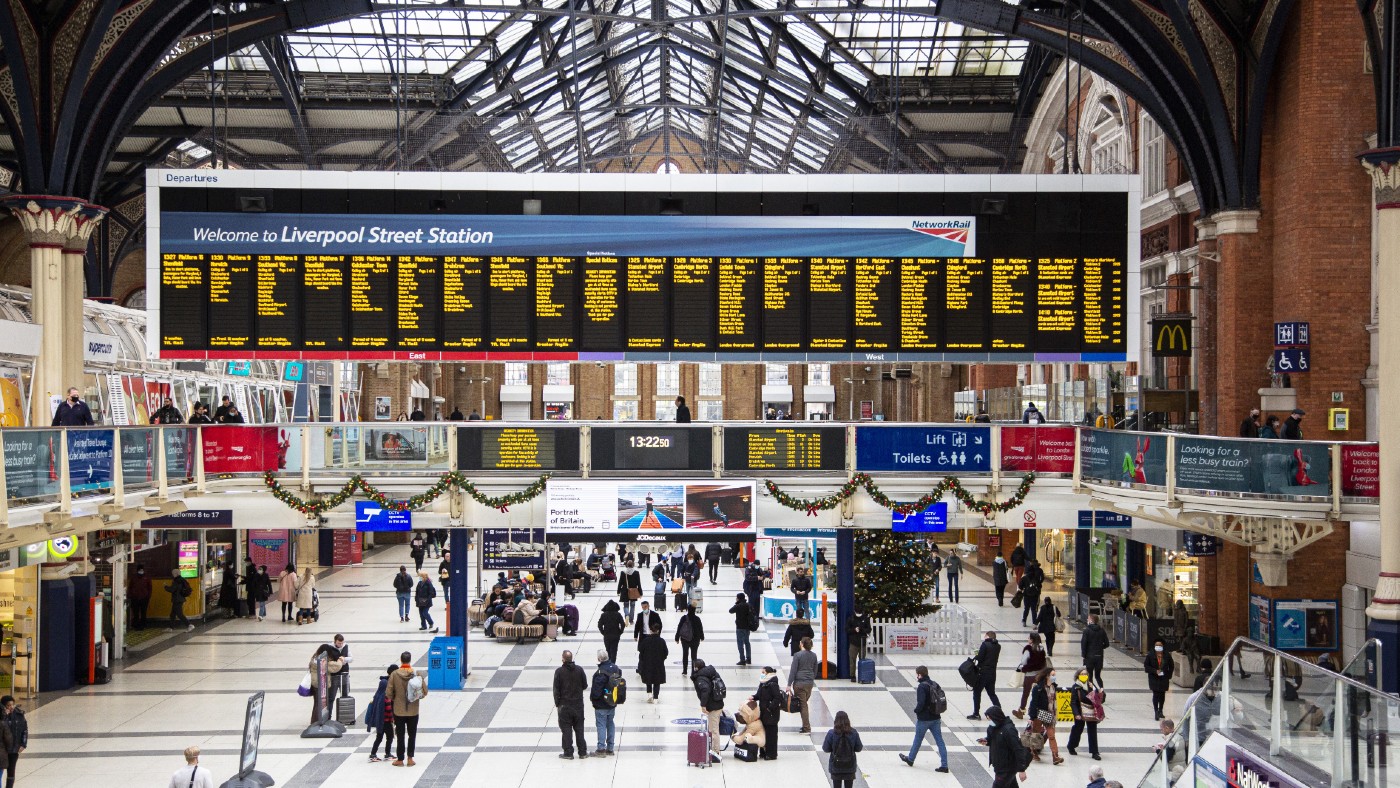 ‘See it. Say it. Sorted’: is it the end of the line for train announcements?
‘See it. Say it. Sorted’: is it the end of the line for train announcements?Speed Read The transport secretary has pledged a ‘bonfire of the banalities’ on England’s railways
-
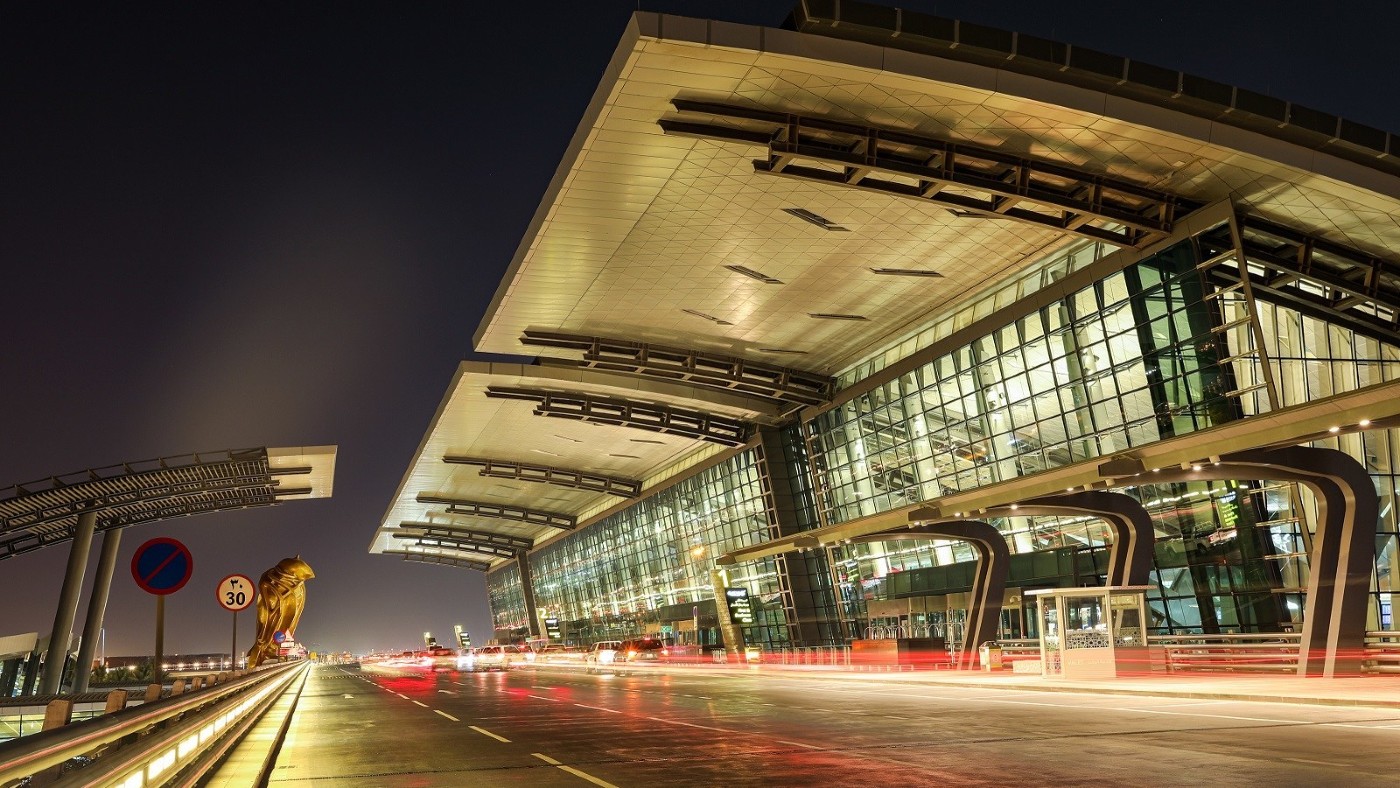 Gallery: the top ten best airports in the world
Gallery: the top ten best airports in the worldIn Pictures Hamad International Airport in Doha takes the No.1 spot in the 2021 Skytrax World Airport Awards
-
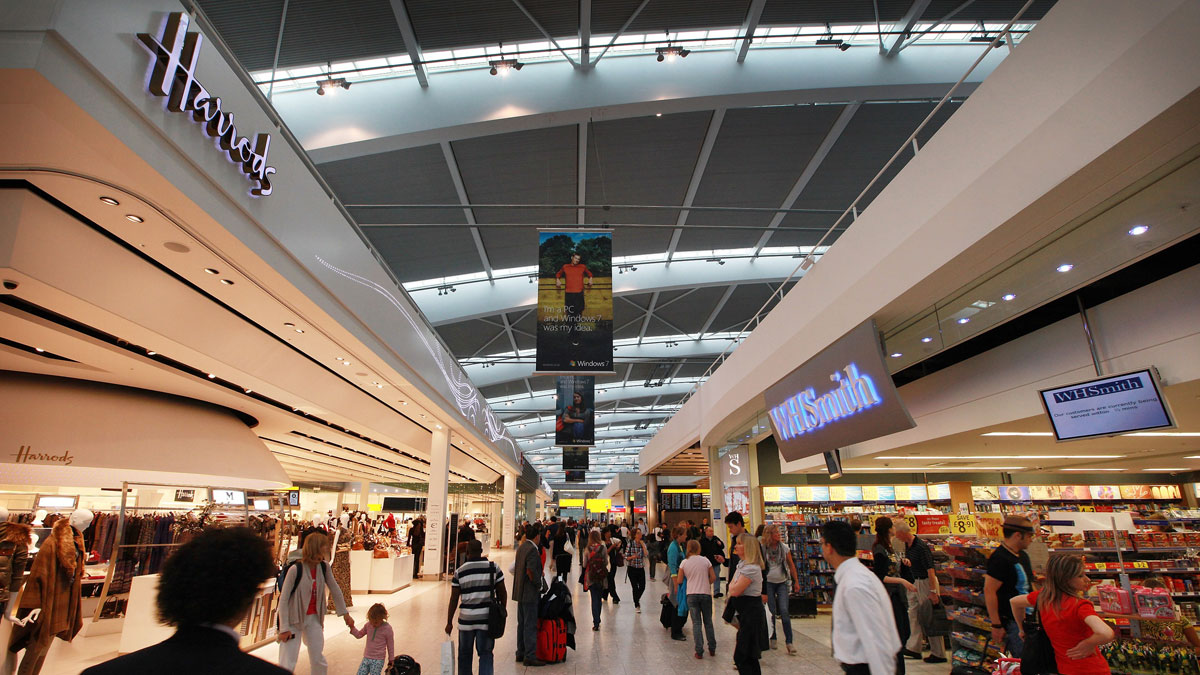 UK to bring in airport Covid tests for arrivals
UK to bring in airport Covid tests for arrivalsSpeed Read MPs call for stricter border measures as South African variant of coronavirus spreads
-
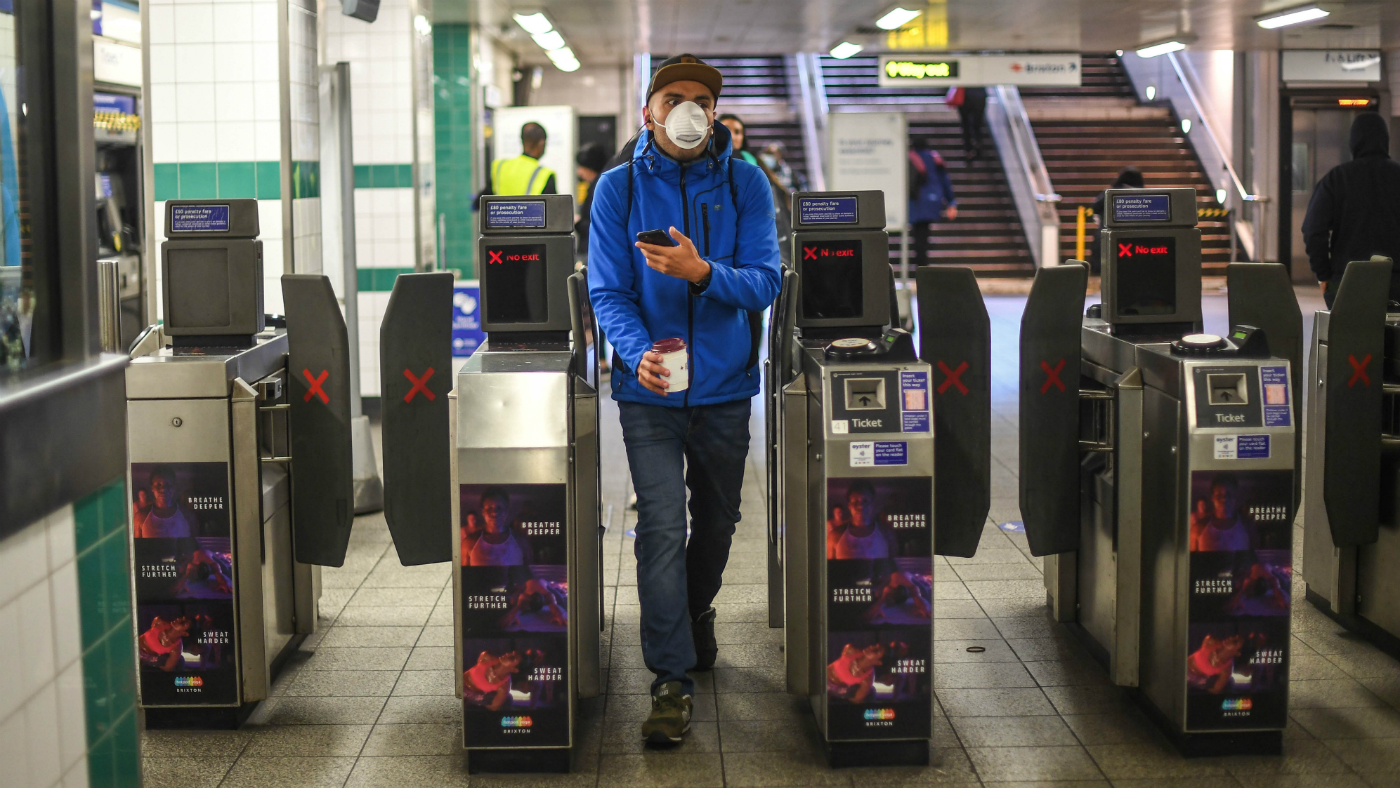 UK records biggest jump in transport use since pandemic began
UK records biggest jump in transport use since pandemic beganSpeed Read Monday rush hour sees spike in commuters across country as trains return to 90% of pre-coronavirus services
-
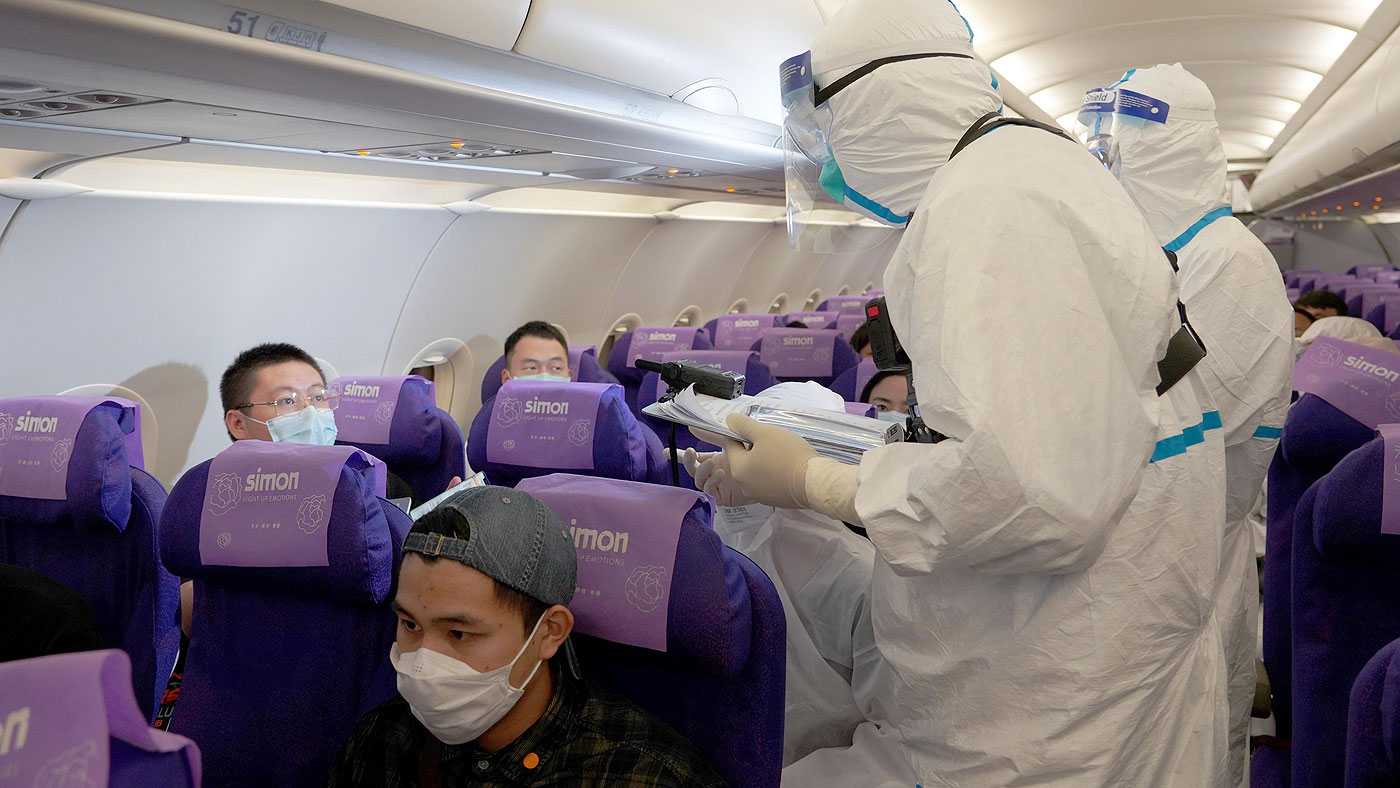 Coronavirus: what are the odds of catching Covid-19 on a plane?
Coronavirus: what are the odds of catching Covid-19 on a plane?Speed Read Studies suggest air travel is safe despite concerns about air quality
-
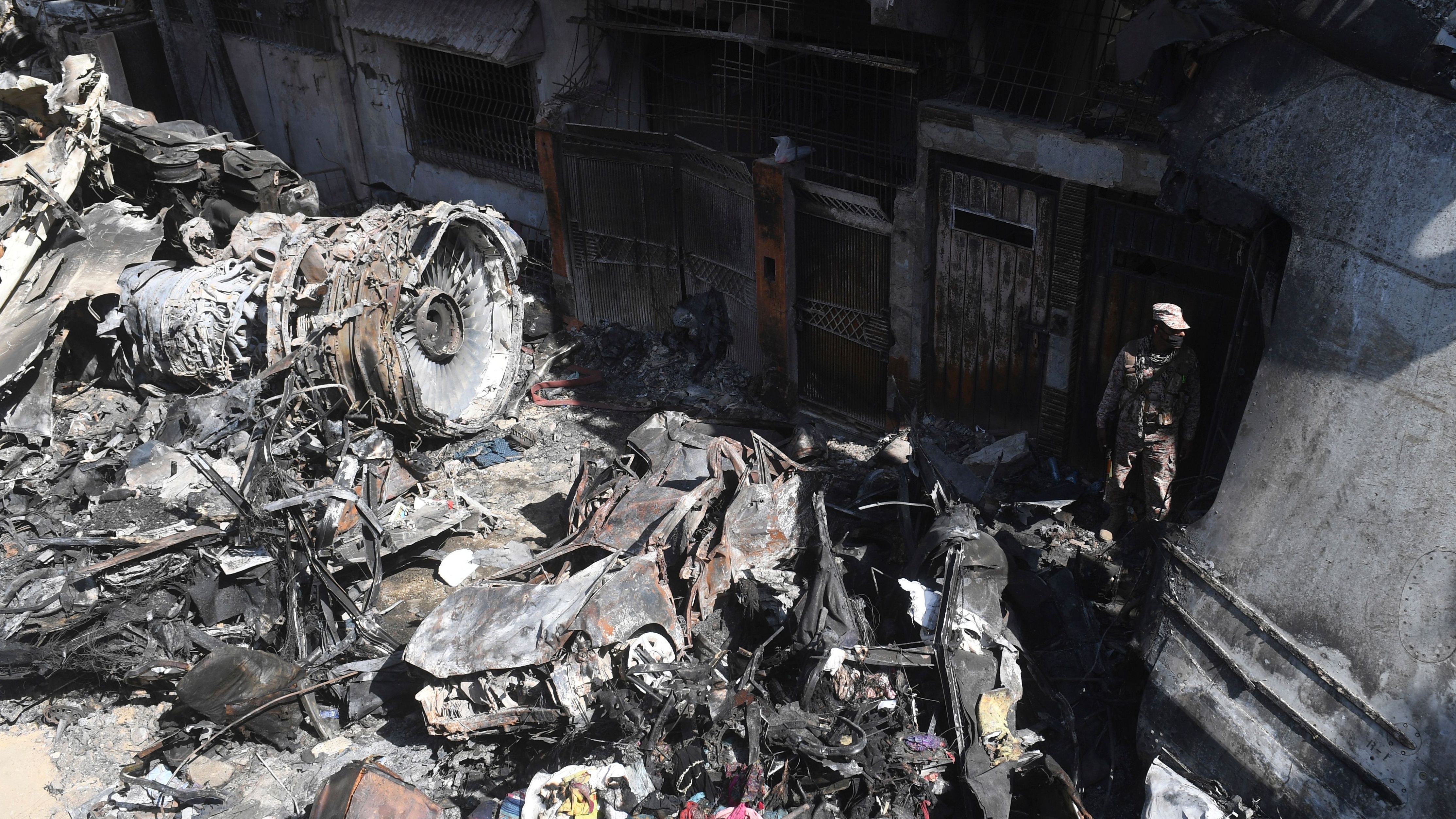 Plane crashed ‘as distracted pilots discussed Covid fears’
Plane crashed ‘as distracted pilots discussed Covid fears’Speed Read Preliminary report says ‘human error’ to blame for crash in Pakistan that claimed 98 lives